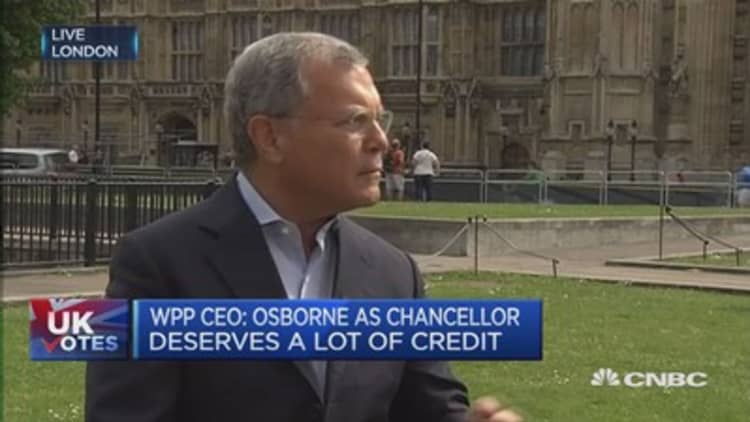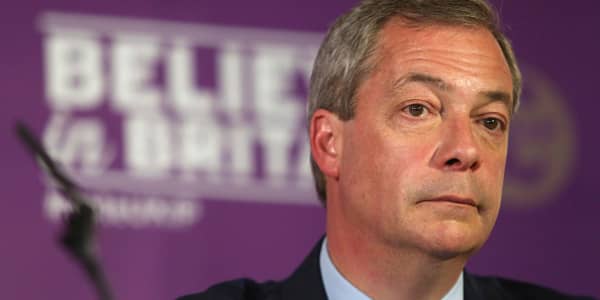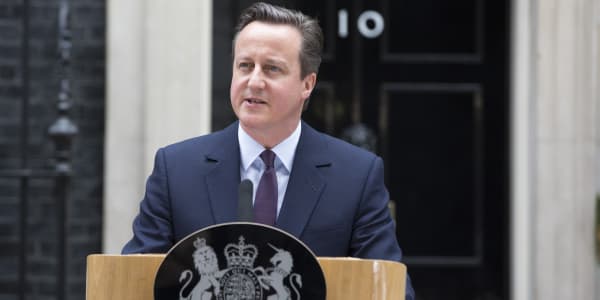The unexpected results of last week's parliamentary elections in the U.K. have reignited a debate that has been raging ever since the global financial crisis took hold in 2007: spending vs. austerity.
On one side of the argument is Nobel prize-winning economist Paul Krugman, who has long argued that increased government expenditure is more beneficial for aiding a recovering economy rather than tough fiscal austerity. Over the last five years, the noted Keynesian has lambasted the U.K. government for cutting back on public spending at a critical time for its ailing economy.
This weekend, however, Krugman was on the receiving end of a stinging retort.
"Shame where shame is due," Harvard historian Niall Ferguson said in a comment piece in the Financial Times on Sunday, adding that Keynesian economists have been "ignominiously humbled."
Ferguson also hit out at what Krugman had previously described as a "confidence fairy" -- the U.K. government's belief that tough austerity would revive business investment after the global financial crash of 2008.
"Unfortunately for Krugman, the more he talked about the confidence fairy, the more business confidence recovered in the U.K." Ferguson added.
Just under 37 percent of British voters – or 11 million people – opted to keep the Conservative Party in power last Thursday, in what was seen as wide-spread backing of the party's economic credibility.
The U.K. has been praised by the International Monetary Fund (IMF) for its turnaround and was the best performing of the world's largest economies in 2014. The IMF also conceded it had been overly pessimistic when it warned Finance Minister George Osborne to ease austerity measures or jeopardize its recovery.
Growth figures have picked up in the country and unemployment numbers have plummeted to six-and-a-half year lows.

However, there are economists in the U.K. who believe that true austerity was never actually achieved, with public sector net borrowing -- a proxy for the deficit -- still above £80 billion ($120 billion) a year. Krugman himself noted in January 2014 that governments had eased back on the fiscal retrenchment and had "stopped hitting (themselves) over the head with a baseball bat."
Following the surprising U.K. election results, Krugman noted in his regular New York Times blog that Britain had only returned to growth after a pause in its austerity drive.
"Given the continuing weakness of British fundamentals – high household debt, a soaring trade deficit, etc. – there's a good chance that the resumption of austerity will usher in another era of stagnation," Krugman wrote Friday.
"In other words, the recovery of 2013-5, which is falsely viewed as a vindication of austerity, is likely to prove self-defeating."
However, the new government was likely to be unsympathetic to calls from Keynesian economists like Krugman, according to Kit Juckes, global head of foreign exchange strategy at Societe Generale, who highlighted in a research note Monday that the Conservatives were committed to a "degree of fiscal austerity."






